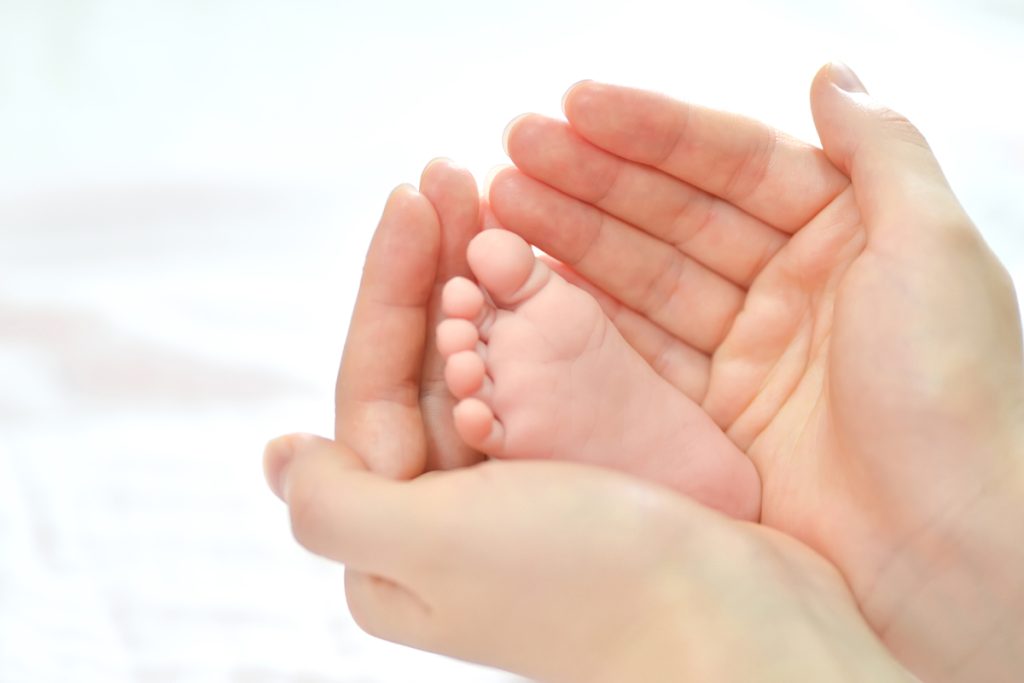
It isn’t as simple as it seems to have a baby through IVF, especially for females. Eventually, the outcomes of IVF on a female’s body are immense and frequently intolerable. No doubt, undergoing an IVF is financially draining but what is more exhausting is the mental & physical strain.
No doubt, IVF has ushered as a new-age solution to the grappling era of parenthood in the times today. However, nothing comes easy and all-handed! Thus, to put it in front of everyone, we will stroll you towards the potential side-effects and risks of IVF for a female’s health.
Potential Side-Effects of IVF on Mother-
In-Vitro Fertilization (IVF) is a novel approach to infertility therapy in which eggs and sperm are carefully fused outside the body to create viable embryos that are subsequently placed into the uterus.
Many couples have experienced a resurgence of hope and potential because of IVF, which has allowed them to realize their long-held desire to become parents. IVF has many advantages, but there are also some adverse effects to be careful of.

1. Somatic Discomfiture:
Hormonal injections are frequently required before IVF can begin in order to stimulate the ovaries and increase egg production. These injections are an essential part of the therapeutic process, even though they may temporarily produce physical pain such as bloating, edema, and tenderness.
2. Ovarian Hyperstimulation Syndrome (OHSS):
This condition is caused when the ovaries overreact to hormonal stimulation. Bloating, fluid retention, and discomfort in the abdomen are possible outcomes of this disorder. However, the dangers related to OHSS can be reduced with careful observation and professional medical attention.
3. Risk of Multiple Pregnancy:
In vitro fertilization (IVF) increases the chance of multiple pregnancies, which could lead to the birth of twins, triplets, or more. Although there are benefits to having numerous pregnancies, there are also higher medical hazards for the mother and the unborn children.
4. Ectopic Pregnancy:
After IVF therapy, there is a tiny increase in the incidence of ectopic pregnancy, a rare condition in which the embryo implants outside the uterus.
5. Emotional Rollercoaster:
Getting an IVF treatment can be a hard and difficult emotional journey. Stress, worry, and mood swings can increase due to the uncertainty, emotional investment, and anticipation of the result. To effectively manage these feelings, couples must rely on one another for support and seek expert counseling.
Examining Long-Term Impacts of IVF on Female’s Body-
Does IVF treatment have any long-term adverse effects? When considering this ART method, patients frequently ask themselves this question. The following are some essential details to be aware of:
Effect on Maternal Health:
A woman’s general health is usually not significantly affected by IVF in the long run. However, it’s crucial to keep the lines of communication open with medical professionals and take proactive measures to address any possible changes in health that might occur.
Considering Fertility in the Future:
The use of IVF has no effect on a woman’s fertility. One of the benefits of IVF therapy is that it does not adversely affect the woman’s chances of becoming pregnant. It mostly relies on each person’s unique health situation.
Mental Health:
It might be extremely important to seek out counseling and emotional support both during and after treatment in order to maintain mental health and manage complex emotions. Nonetheless, IVF might not be mentally taxing for the majority of women.

After-Birth Side Effects Of IVF Treatment-
- Physical Recovery:
After IVF-related pregnancies, the postpartum recovery period is comparable to that of conventional pregnancies. Even while IVF by itself usually doesn’t cause any special long-term physical problems after delivery, it’s imperative to provide appropriate postnatal care top priority to guarantee the best possible healing.
- Emotional Bonding:
If the IVF process is difficult, mothers may struggle with worries about developing an emotional link with their children.
Attending support groups and obtaining professional counseling can be beneficial strategies for handling and enhancing the parent-child bond. If your doctors give you the proper advice and assistance, you shouldn’t be concerned about the adverse effects of IVF on your mother.
To The Bottom Line-
The field of infertility therapy has advanced significantly, and IVF is a prime example of the potential it provides. Although any medical process has side effects, the advantages of IVF, which ultimately lead to parenting, frequently exceed the possible hazards.
Every reproductive journey is extremely personal, therefore it’s critical to entrust knowledgeable medical professionals with advice and assistance to make well-informed decisions and promote a good and life-changing IVF experience.
